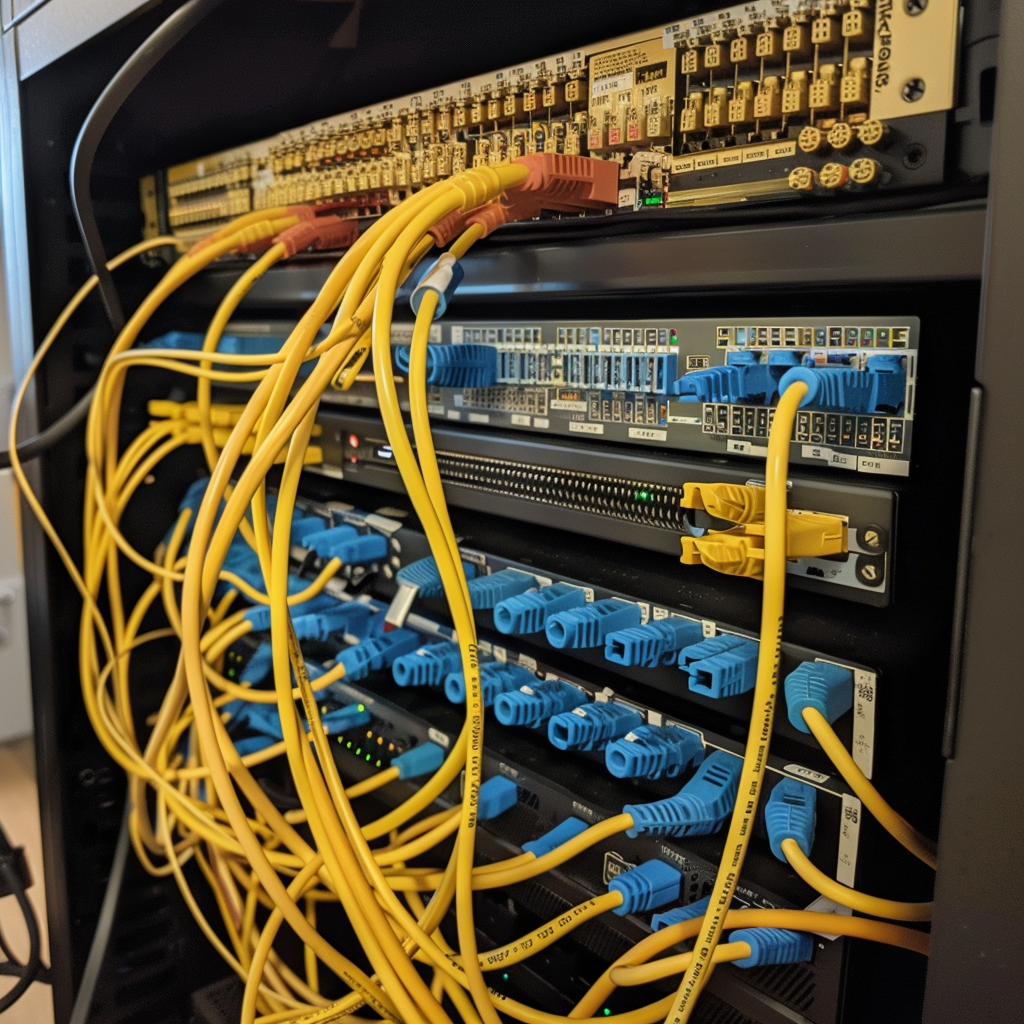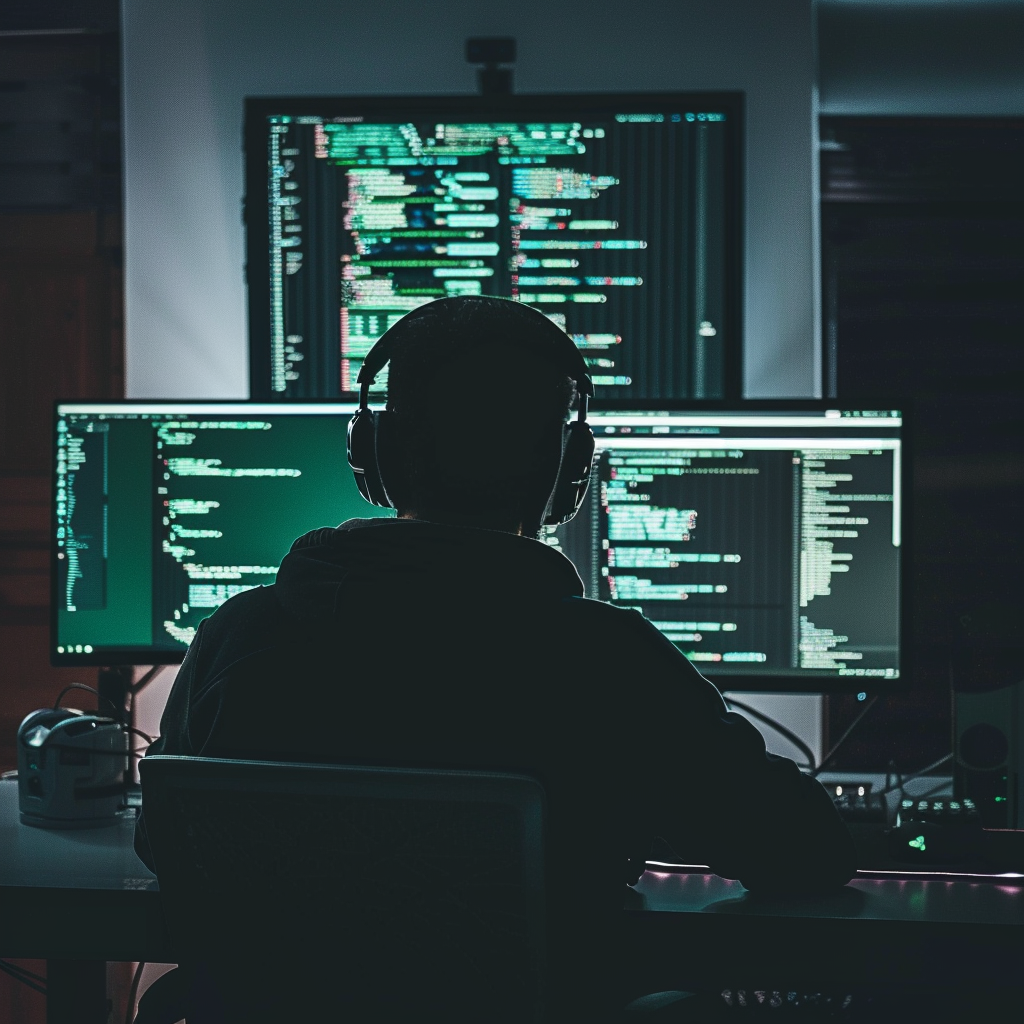OpenAI’s ChatGPT service has been grappling with persistent issues today, resulting in multiple outages. The service, which provides AI-generated responses to user queries, has encountered its second major disruption of the day.

Users across the ChatGPT mobile apps and web interface are currently experiencing delays in receiving responses.

According to OpenAI’s status message, “ChatGPT is unavailable for some users,” and the team is actively investigating the issue. The latest round of problems began around 10:30 AM ET, leading to a surge in reports on Downdetector.

This isn’t the first time ChatGPT has faced downtime. In November, the service was inaccessible for approximately 90 minutes, affecting not only ChatGPT but also OpenAI’s broader API services.

The cause of that outage was later revealed to be a distributed denial-of-service (DDoS) attack.

Interestingly, the API services provided by OpenAI remain unaffected during the current outage.

This separation suggests that the underlying infrastructure supporting ChatGPT and the API may have distinct vulnerabilities or dependencies.

Additionally, Microsoft experienced an outage last month that impacted ChatGPT’s search features. The incident coincided with disruptions to Microsoft’s own Copilot service, highlighting the interconnectedness of various AI-powered tools and services.

Factors Contributing to ChatGPT Outages:
- Resource Allocation: ChatGPT relies on computational resources to generate responses. If resource allocation is insufficient or misconfigured, it can lead to service disruptions.
- Scaling Challenges: As user demand grows, scaling ChatGPT to handle increased traffic becomes critical. Sudden spikes in usage can strain the system, causing slowdowns or outages.
- Infrastructure Dependencies: ChatGPT’s performance may be affected by dependencies on other services or components. For instance, if a critical backend service fails, ChatGPT could become unavailable.
- Security Vulnerabilities: The November DDoS attack highlights the importance of robust security measures. Ensuring protection against malicious traffic is crucial.
- Load Balancing: Proper load balancing across servers and data centers is essential. Uneven distribution of requests can lead to bottlenecks and downtime.
- Monitoring and Incident Response: Effective monitoring tools and rapid incident response are vital. Detecting issues early allows for quicker resolution.
- Service Isolation: Isolating ChatGPT from other services (like the API) can prevent cascading failures. However, shared dependencies may still impact both.
- Software Updates: Regular updates and patches are necessary to address vulnerabilities and improve stability.
- User Behavior: Unexpected user behavior (e.g., excessive requests) can strain the system. Rate limiting and user education are essential.
- Communication: Transparent communication during outages helps manage user expectations and fosters trust.

ChatGPT’s ongoing outages underscore the challenges of maintaining reliable AI services. Addressing resource allocation, scaling, security, and infrastructure dependencies will be crucial for minimizing disruptions and enhancing user experience. OpenAI’s commitment to resolving these issues will determine the service’s long-term success .





